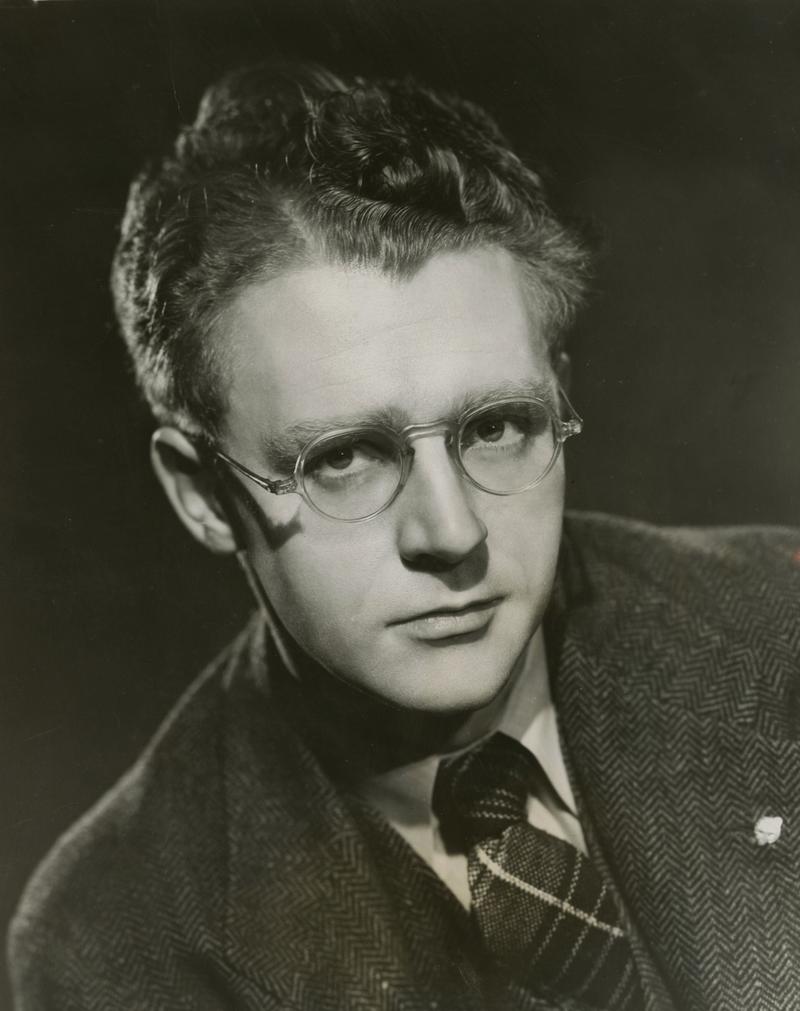
The exact date of this episode is unknown. We've filled in the date above with a placeholder. What we actually have on record is: 195u-uu-uu.
This episode is from the WNYC archives. It may contain language which is no longer politically or socially appropriate.
Hendl discusses his experiences as a pianist, conductor and composer, and plays musical selections (not included):
A recording of Beethoven's Triple Concerto, done with Dr. Bruno Walter, reminds him of the long hours he spent practicing the piano. Even though Lenny Rose argued against recording it, it was made on schedule and all three were happy to have done it. Dr. Walter's ability to establish the same tempo after many takes. Recalls the pleasure of listening to the playbacks.
Decided at age 16 to become a musician; the way to start was to become a pianist. Scholarship for the Curtis Institute introduced him to the symphony orchestra. Dr. Fritz Reiner's piano class at the Curtis Institute. After the war, there were no musical openings. Turned composer; there was no inner urge. His daughter, Susan, inspired him to begin recording music for children. Moved to the Dallas Symphony Orchestra. Remembers a photo shoot for Life Magazine that required him to write a new piece of music to conduct. Plays a selection from that recording.
His concerns about the fate and the life of contemporary music. The Dallas Symphony Orchestra exists because of the good will of the community, so it has a responsibility to the public to ensure its continuation. They play less contemporary music than other orchestras might. Play major works yearly so it becomes part of the repertoire of the symphony orchestra. Plays Roger Sessions's "The Black Maskers."
Before the war, he was a pianist in a ballet company. Performed Aaron Copland's "Billy the Kid" hundreds of times. Both studied under Clarence Adler.
Comparison between New York and Dallas.
Audio courtesy of the NYC Municipal Archives WNYC Collection
WNYC archives id: 72678
Municipal archives id: LT3886
